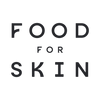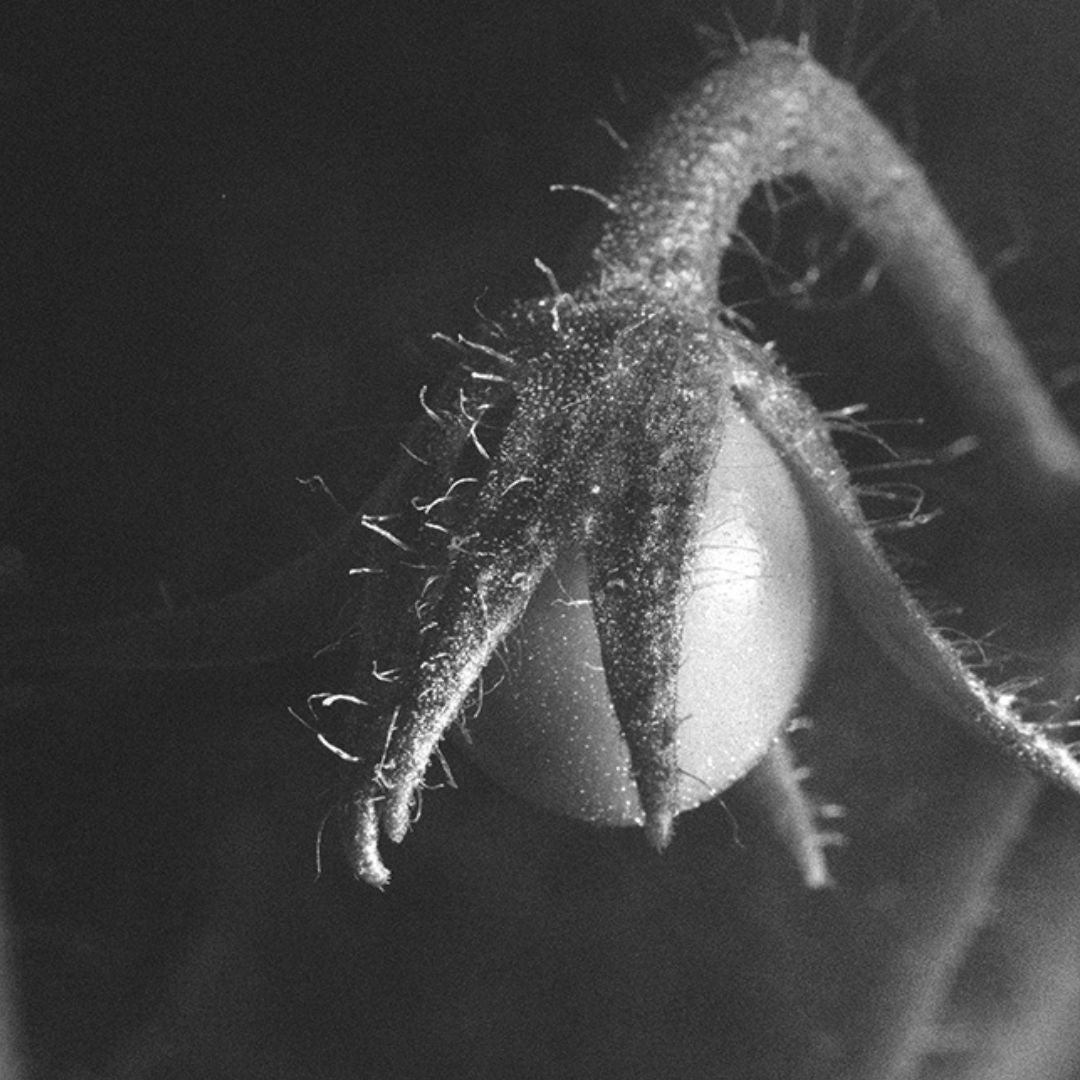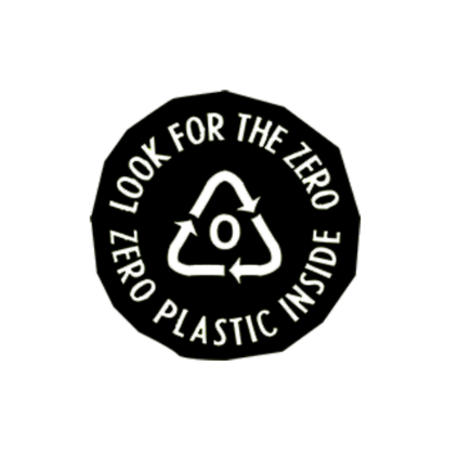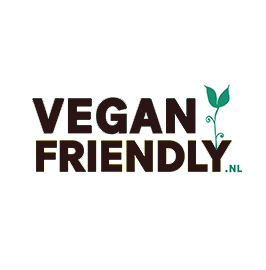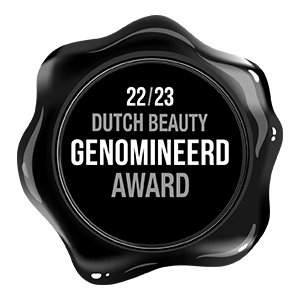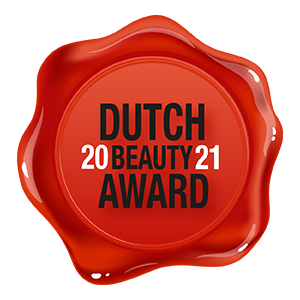Ik gebruik het als nachtcrème
Het doet mijn droge huid veel goeds
Fijn om te horen Gertie, dankjewel!
Super fijne cleansing oil. Zorgt voor gevoede huid. Heel fijn dat er nu ook meerdere formaten zijn.
Dankjewel voor je mooie review! Super dat de formaten ook bevallen.
Deze serums zijn super. Ik heb een erg gevoelige huid en reageer snel op producten, maar niet op deze serums. De geur is aards tot ‘grassig’ en vind ik erg lekker. Mijn gezicht wordt er heerlijk zacht van.
Heel fijn om te lezen Eveline. Geur is heel persoonlijk, super dat jij het lekker vindt. En zacht horen we inderdaad vaak, heerlijk he ;-)! Dankjewel voor je mooie review.
Heel fijne zonnebrand creme. Wel een beetje vettig maar voor mij geen probleem. En natuurlijk fijn te weten dat je geen zooi op je huid smeert.
Het is inderdaad geweldig om te weten dat je iets goeds op je huid smeert. Bedankt voor je review!
Ik had deze crème gekregen voor Kerst, en het is echt een mooie aanvulling op een basis skincare routine. Het geeft dat beetje extra voeding wat mijn onderogen nodig hebben, en ik heb het idee dat mijn wallen/de blauwe kringen onder mijn ogen echt minder zijn geworden, en dat mijn huid wat evener is geworden.
Super fijn om te lezen dat de oogcrème zo goed werkt voor je. En we zijn blij dat het zo'n mooie aanvulling is op je skincare routine. Dankje voor de review!
Ik heb een best droge huid, en als ik altijd zeep/foaming cleansers gebruik wordt mijn huid er altijd erg droog van. Deze cleanser daarentegen laat mijn huid gevoed achter. Het is super effectief om zonnebrand en make-up te verwijderen.
Dankje voor deze review, dit doet ons goed!
Super voedend, trekt heel snel in, je krijgt er geen vettige, glanzende huid van, gewoon een mooie glow. Heel lekker!
Dat vinden wij ook Sophia, vooral in samenwerking met de serums zorgt de creme er echt voor dat het lekker intrekt en dat het je huid laat stralen!
Echt een fantastische zonnebrandcrème. Ik vind de geur van andere zonnebrandcrèmes vaak erg naar, en deze zonnebrandcrème heeft gelukkig die geur niet! Het is erg vettig, maar de glans die verdwijnt na een tijdje, en het voordeel is dat het daardoor ook erg voedend is. Als ik deze zonnebrand draag op mijn gezicht heb ik niet eens meer een moisturiser nodig!
Wat fijn om te lezen dat je onze zonnebrandcrème prettig vindt, echt super. Dankjewel voor je review Sophia!
Ik zocht al een hele tijd naar goede gezichtscrème. Mijn huid is namelijk erg droog en ziet er snel dof uit. Eindelijk een merk gebonden die mijn huid precies goed voedt! Ik wil niks anders meer
Wat super om te lezen Maaike, dankjewel!
Ik gebruik de Tomato Base Cream nu ruim een jaar. Prettig om te smeren en ik merk dat mijn huid er beter van is geworden. Ik ben heel blij met deze natuurlijke crème, goed voor huid en milieu.
Ik gebruik ook een aantal andere produkten van Food for Skin en hopelijk komen er nog meer natuurlijke produkten bij (zoals bijv. een handcrème).
Jullie zijn goed bezig; ga zo door!
Geweldig om te lezen, dankjewel! We zijn zeker bezig met bodyproducten, stay tuned ;-)!

